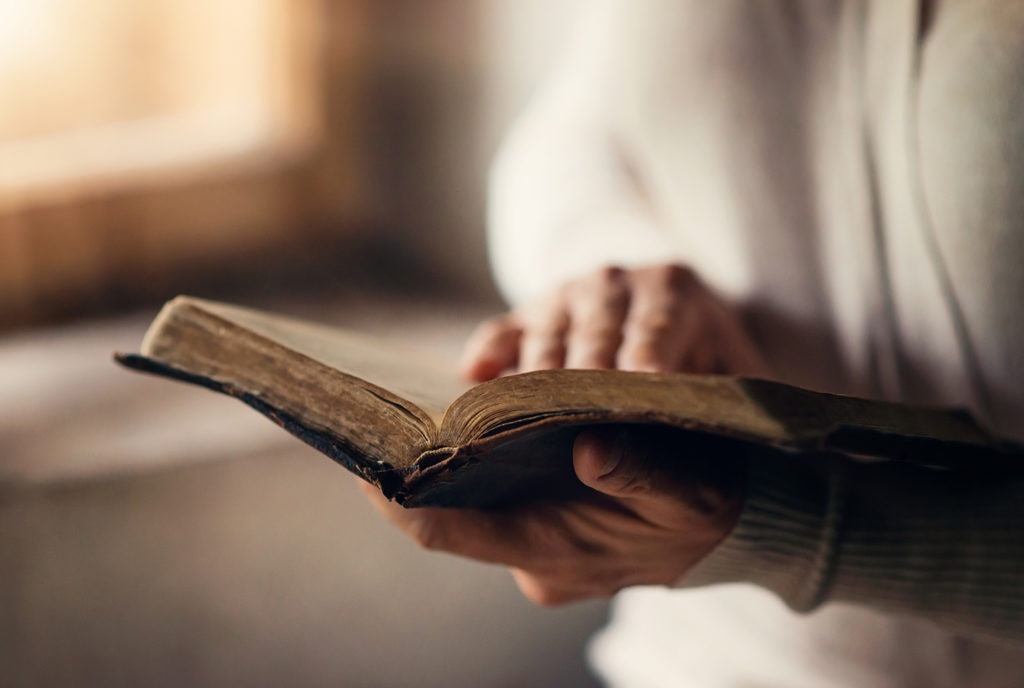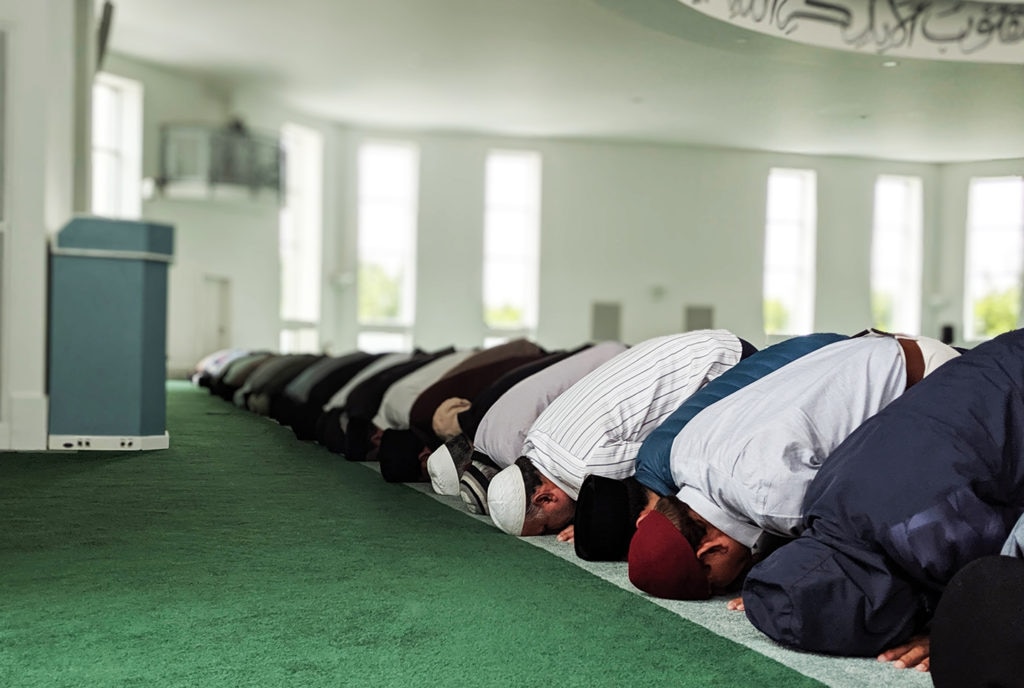
‘Finding faith during a Pandemic’
By Usman Khan, MSc in ‘Middle East & Global Politics’ and host of ‘Saturday Morning Live’ on Voice of Islam Radio.
Our world has turned upside down, our usual freedoms are curtailed and we are on the precipice of another global economic recession. COVID-19 is not only making us pause for thought about the shortcomings of our medical and economic systems, but it’s also providing us an opportunity to reassess the health of our spiritual wellbeing.
The imposition of social restrictions has got me thinking about how well I use my time. I no longer have to commute for a couple of hours a day, but rather than utilising this new found time usefully, too often it ends up being lost again to scrolling through social-media or watching (or re-watching) Netflix. This may be because, thankfully the virus hasn’t really affected me or my family in any significant way; although I know some people who contracted the virus or had its symptoms, they have all recovered; so, in reality, it hasn’t got real for me. And being the introvert that I am, I quite enjoy working from home. But this is not guaranteed to last nor is it the experience of everyone.
Since November 2019 when the first case[i] was detected, over 1.7 million people have been infected and over 100,000 have died and these figures are rapidly rising. That means thousands of families have suffered tragedy from a virus that, so far at least, has no cure. And the restrictions on movement is also leading many to suffer mental anxiety. During times of trouble, people seek reassurance and comfort but at this time many of us cannot even seek solace in the arms of our parents or loved ones, in fear of either contracting the deadly virus or passing it on.
It is during such situations that people start to think more about God; this is only natural, especially when people are faced with uncertainty and death, and the Quran makes the point that humans are inherently aware of God’s existence[ii]. This was highlighted to me when a non-Muslim colleague, who is not religious, recently said that she felt the emergence of COVID-19 may be a sign from God. It also reminded me of what the Caliph of the Ahmadiyya Muslim Community, His Holiness, Hazrat Mirza Masroor Ahmad said in a recent Friday Sermon[iii]. He quoted the Daily Telegraph columnist, Philip Johnston, who wrote that “we have come to rely on science for redemption” and that since the Enlightenment we have come to believe that “natural processes can always be improved by human effort and not ascribed to fate or the wrath of God”. Johnston goes on to say that if the advance of science is unable to effectively deal with the pandemic, “then I might be heading back to church”[iv].
He is not the only one contemplating God at this time. There are many who believe this virus is a sign of the ‘End Times’[v], which is a reference to biblical prophecies of events that culminate in the Second Coming of Jesus. Similarly, Israel’s Health Minister, Yaakov Litzman, responding to questions about their COVID-19 measures said, “We are praying and hoping that the Messiah will arrive before Passover, the time of our redemption.”[vi] Furthermore, a study by Pew Research Centre revealed that 55% of Americans have prayed for an end to the spread of coronavirus and, interestingly, 15% are those who say they seldom or never pray and 24% are those who say they do not belong to any religion.[vii]
All this got me pondering over what it means to have a relationship with God.

Many of us (me included) ritualistically recite the words for prayers and bow our heads, going through the motions all the while thinking about our day job, our next meal, or the movie we just watched. Prayer is a symbol of our love for God and love not only demands an investment of time, it also demands attention (ask any wife, husband or child). And a relationship is only real if that attention is returned. In this context, the Founder of the Ahmadiyya Muslim Community, His Holiness, Hazrat Mirza Ghulam Ahmad (peace be upon him) explained what a real prayer looks like.
Hazrat Mirza Ghulam Ahmad (peace be upon him) said:
“Blessed are you who do not get tired in your prayers and your souls melt while you pray, and your eyes shed tears, and a fire is lit in your breasts and you are driven into dark chambers and desolated jungles seeking solitude, and you are rendered restless and mad and unconscious of self, for in the end you will become the recipients of grace. The God to Whom we call is very Benevolent, Merciful, Modest, True, Faithful and Compassionate to those who are humble. You should also become faithful and supplicate with full sincerity and loyalty so that He should have mercy on you… God will show a miracle to those who pray and will bestow extraordinary favour upon those who beg.”[viii]
This is well worth reading again and contemplating over.
We are seeing that even the most advanced nations are struggling to stem the virus’ tide, so we should certainly adopt the most effective preventative measures advised. But COVID-19 has not only presented us with challenges, it has also given us an opportunity to advance and cultivate a relationship that will bring us reassurance and comfort in our times of need. Let’s not waste it.
[i] https://www.theguardian.com/world/2020/mar/13/first-covid-19-case-happened-in-november-china-government-records-show-report
[ii] Quran, Surah Al-A’raf, chapter 7, verse 173, https://www.alislam.org/quran/7:173
[iii] https://www.alislam.org/friday-sermon/2020-03-20.html
[iv] https://www.telegraph.co.uk/politics/2020/03/17/times-like-realise-just-powerless-mankind-really/
[vi] https://www.haaretz.com/opinion/.premium-israel-coronavirus-health-cure-1.8703719
[vii] https://www.pewsocialtrends.org/2020/03/30/most-americans-say-coronavirus-outbreak-has-impacted-their-lives/
[viii] Essence of Islam, Vol 2, pg 226-227, https://www.alislam.org/books/Essence-2.pdf

